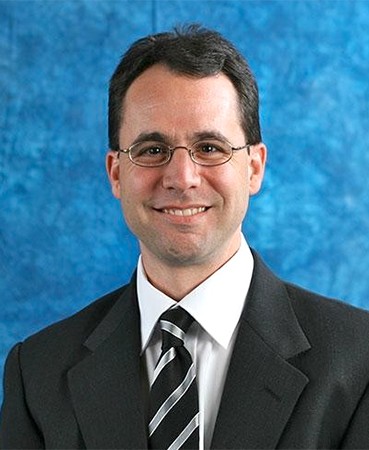Campaign season is heating up, and while pundits and spin teams dissect candidates' stump speeches and body language, technology writer David Pogue takes a closer look at how we vote in a pair of articles for Scientific American. More specifically, Pogue wonders why online voting in elections isn't plausible.

Image caption: Avi Rubin
For insight into the challenges of online and smartphone voting, he turns to Avi Rubin, technical director of the Johns Hopkins University Information Security Institute and author of the 2006 book Brave New Ballot.
Internet voting "is a nonstarter," says Rubin, because "you can't control the security of the platform." The results of an American presidential election—from a population of 220 million eligible voters with no federal ID cards—has unparalleled implications for global politics. Entrusting American votes to a hackable system is out of the question, Rubin says.
In a Q&A on the challenges of online voting, Rubin shares his thoughts on a workable system:
Read more from Scientific AmericanA voter-inspected paper record can overcome many of the weaknesses of electronic voting. There is no perfect voting system, but the best one that I know is where a touchscreen ballot marking machine is used for voters to make their selections. The machine then prints out a filled-out paper ballot. The voter takes this ballot, inspects it, challenges it and starts over if it is wrong (and reports it), and when a correct ballot is produced, submits it to the polls where it can be optically scanned.
Some random sample of ballot boxes is counted manually and compared to the scanned results, and if there are problems, more stations are manually compared. In case of a very close election or any hint of foul play, the ballots can be counted by hand or by a different brand of optical scanner.
We will never get this perfect. It's too hard a problem. But we can do a lot better than we have so far.
Posted in Science+Technology, Voices+Opinion
Tagged avi rubin, cybersecurity, voting







